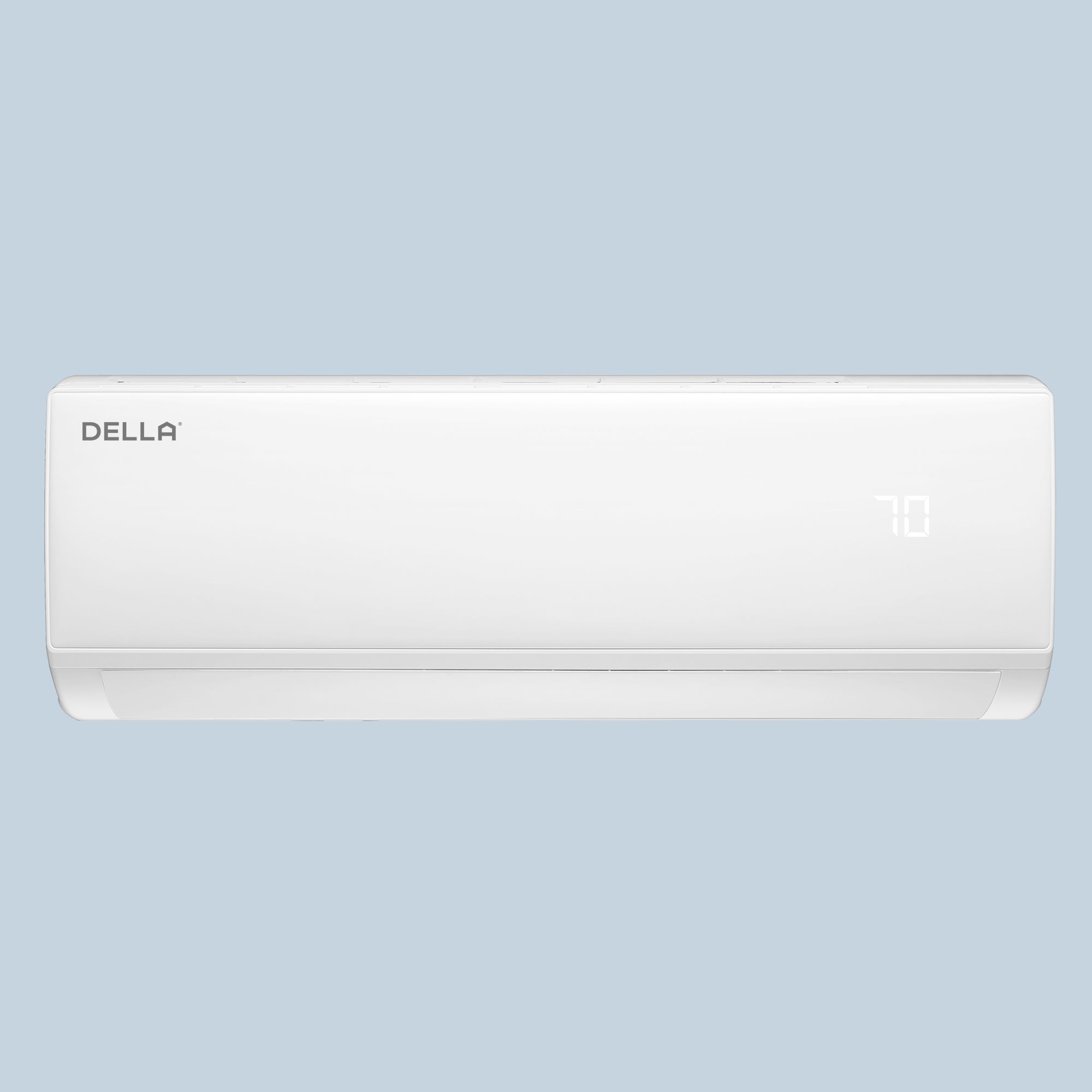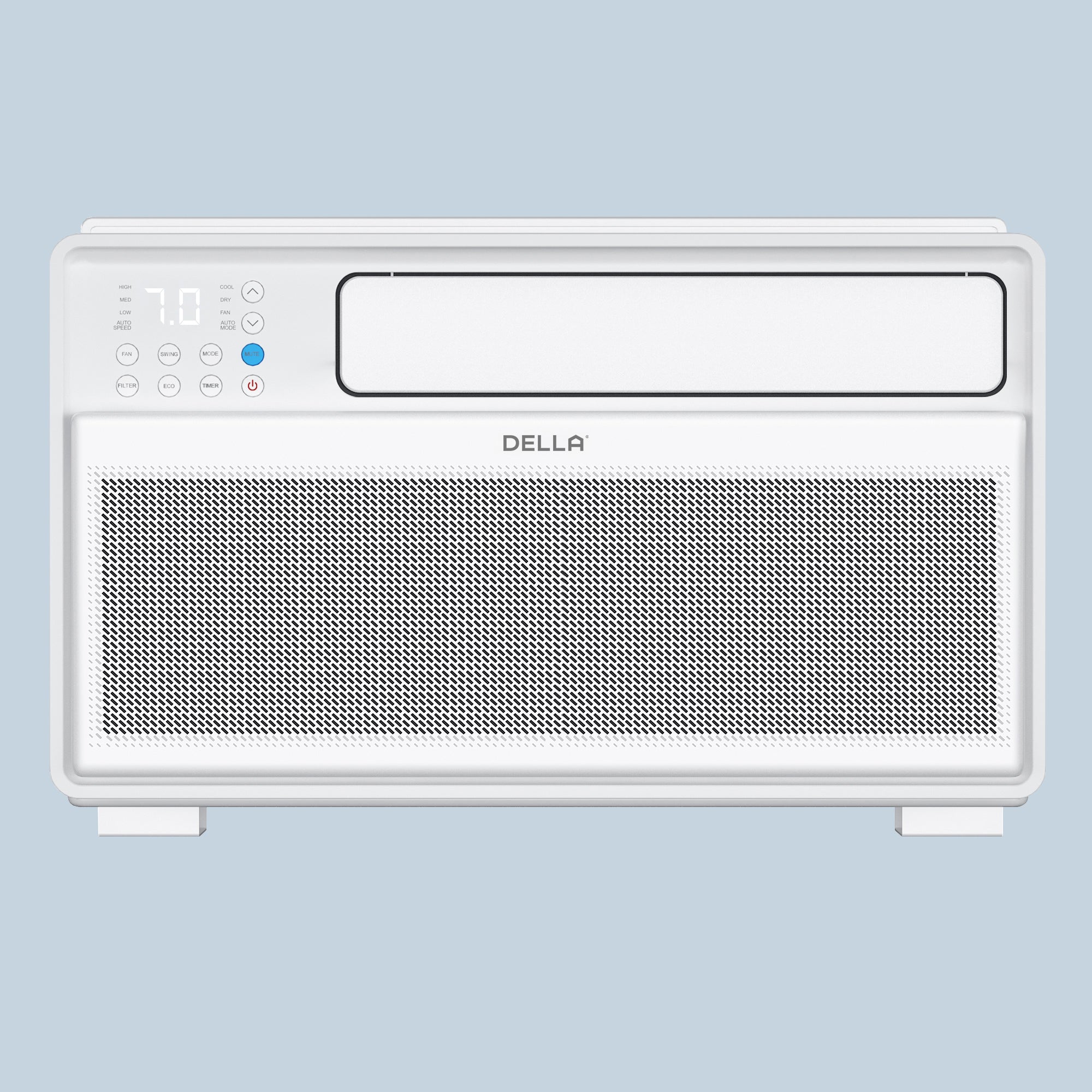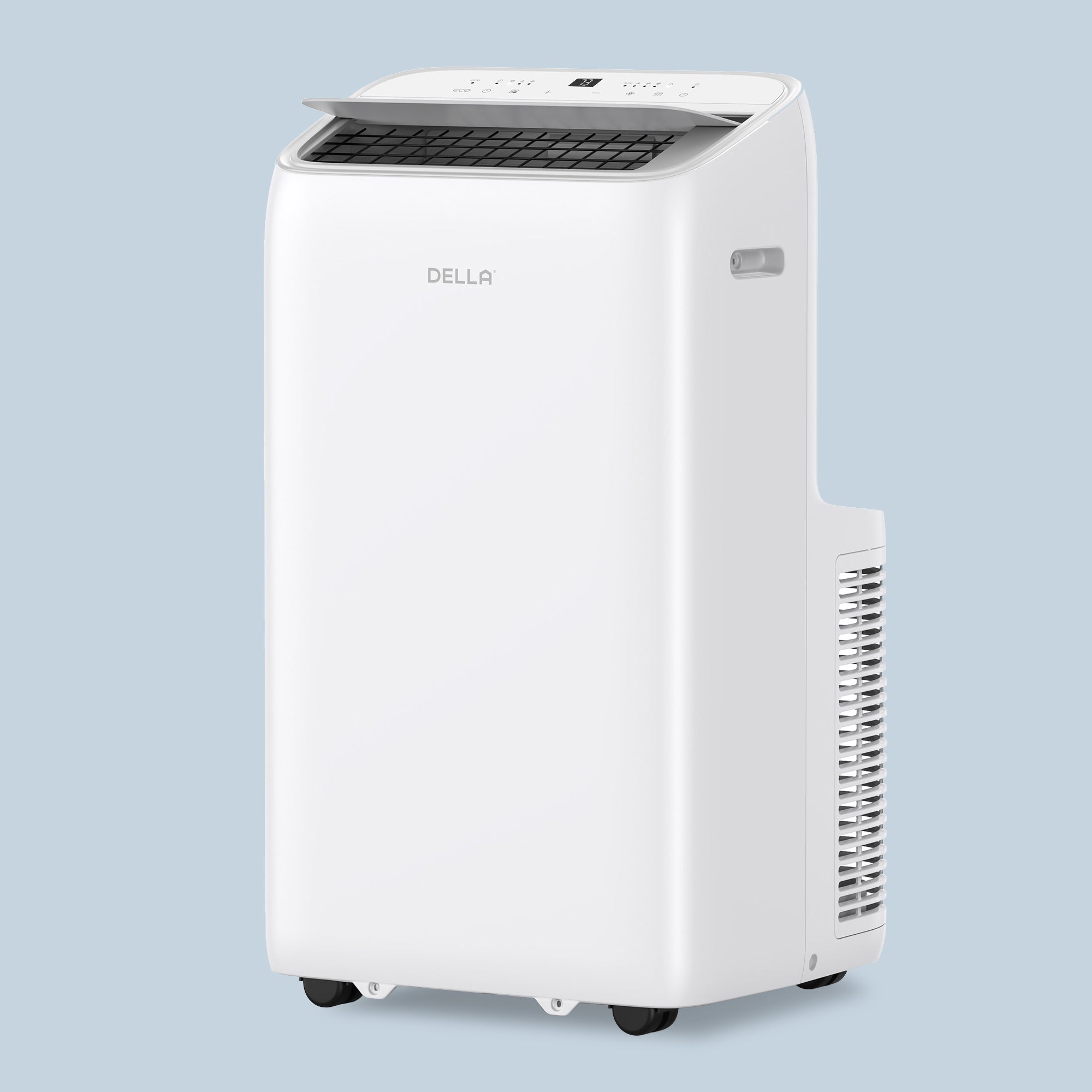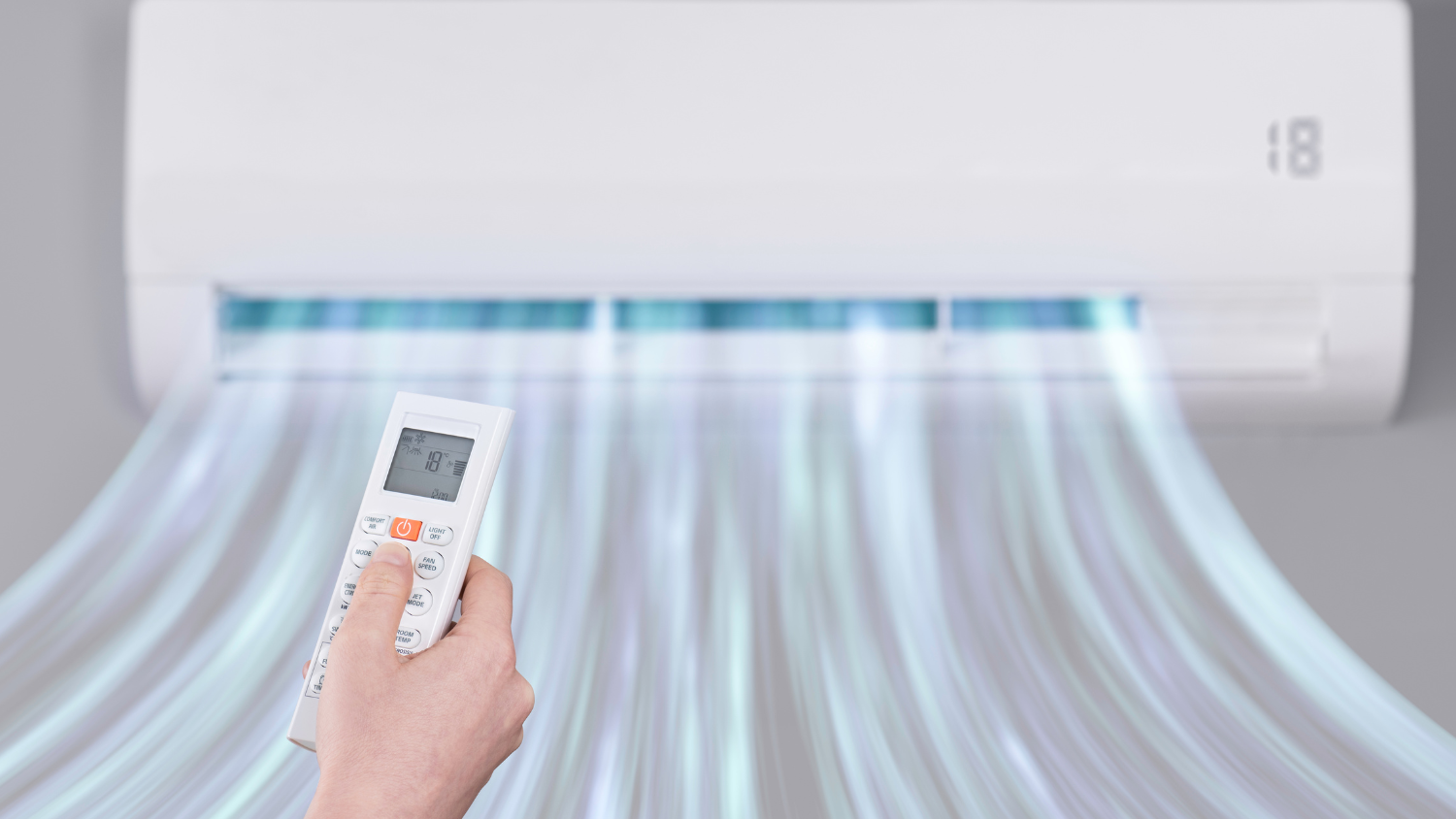The BTU rating affects how well an air conditioner cools a room. It’s one of the most important things to look at when choosing the right AC. A unit that’s too weak won’t cool effectively. One that’s too powerful might waste energy and make the room feel damp or uncomfortable.
In this article, we’ll tell you what a Btu is and how to match the right size for your needs. No matter if you want to cool down a small bedroom or a large living room, picking the right BTU can keep your home cool and your energy bills low.
What Is a Btu?
Btu stands for British Thermal Unit, a traditional unit of measurement for energy or heat. It is commonly used in HVAC (heating, ventilation, and air conditioning) systems to quantify how much thermal energy is transferred.
In air conditioning, the Btu rating indicates how much heat the unit can remove from a space per hour. For example, a 12,000 Btu air conditioner can eliminate 12,000 Btus of heat each hour, making it suitable for cooling medium-sized rooms efficiently.
Why is Btu so Important?
Choosing the right BTU rating is essential for ensuring your air conditioner can cool your space effectively and efficiently. If the BTU is too high or too low for your room size, it can lead to poor performance, wasted energy, and even higher utility costs.

Impact of Incorrect BTU Rating
Oversized BTU: An air conditioner with an oversized BTU system may use more energy, leading to frequent on-and-off cycling. This can wear out the system faster, reduce humidity control, and increase energy bills.
Undersized Btu: If the Btu rating is too low for the space, the unit may not reach the desired temperature. An undersized system may not cool your home effectively, resulting in uneven temperatures, longer run times, and increased energy usage, as the unit constantly tries to reach the desired temperature.
How Many Btus Do I Need?
Choosing the right BTU for your air conditioner is crucial to achieving optimal cooling performance, so it’s important to know how many BTUs are needed for different room sizes.
A common rule of thumb for estimating the required Btu is:
Btu = Room Area (sq ft) × 25
The 25 factor is a general estimate, accounting for average ceiling height, insulation, and typical room conditions.
| Room Size (sq. ft.) | Recommended Btus |
| 500 sq. ft. | 12,000 Btus |
| 600 sq. ft. | 15,000 Btus |
| 1,000 sq. ft. | 18,000 Btus |
| 1,200 sq. ft. | 20,000 Btus |
| 1,500 sq. ft. | 24,000 Btus |
Note: If your room has high sun exposure, multiple windows, or poor insulation, consider increasing the BTU by 10–20% for better cooling efficiency.
How Many Btus Are in a Ton?
A good understanding of the conversion relationship between Btu and tons is an important factor in choosing the right air conditioning system. The conversion relationship between the two is described in detail below.
Conversion of Btu to A Ton: 12,000 Btus Equals 1 Ton
In the air conditioning world, 1 ton of cooling capacity equals 12,000 Btu per hour. This means that when an air conditioner has a nominal cooling capacity of 1 ton, it can remove 12,000 Btu of heat from a room per hour.
| Cooling Capacity | Btus per Hour |
| 1 Ton | 12,000 Btus |
| 2 Tons | 24,000 Btus |
| 3 Tons | 36,000 Btus |
| 4 Tons | 48,000 Btus |
| 5 Tons | 60,000 Btus |
How to Convert Btu to kWh?
If you already know what a BTU is, then you know it tells you how much heat or cooling a device can provide. However, when it comes to tracking energy usage or estimating your electricity bill, kilowatt-hours (kWh) are much more practical.
A kilowatt-hour is a unit of energy. It shows how much electricity your devices actually use. One kilowatt-hour means that a 1,000-watt device has been running for one hour. This is the figure your power company uses to calculate your bill.
To convert BTU to kWh, a simple formula can be used:
1 BTU = 0.0002931 kWh
Or conversely:
1 kWh = 3,412 Btu
Here is a simple example. Suppose you have a portable air conditioner with a rated power of 8000 BTU. You use it for 8 hours every day
First, convert BTU to kWh/h:
8000 × 0.0002931 = 2.34 kWh
Then multiply by the daily usage time:
2.34 × 8 = 18.72 kWh per day
This means that your air conditioner uses approximately 18.72 kilowatt-hours per day. To calculate how much this will cost, check your electricity bill. You can find it on your utility bill or the electricity supplier's website. Suppose it is 0.15 US dollars per kilowatt-hour.
18.72 × 0.15 = 2.81 US dollars per day
Multiplying by 30 for each month:
2.81 × 30 = 84.30 US dollars
Converting Btu to kWh can help you understand how much energy the device uses. It can also help you track your daily or monthly electricity costs. You don't need any complicated tools. As long as you use the formula and substitute the numbers, you will have a clearer idea of how much each appliance has added to your bill.
Della Air Conditioners: Btu Solutions for Every Room Size
Della offers a wide range of air conditioning solutions designed to meet the cooling needs of various room sizes. From compact units for bedrooms to powerful systems capable of cooling an entire home, Della provides energy-efficient, user-friendly options with different Btu ratings to match.

For Small Homes
Della’s window air conditioners come in a variety of BTU ratings. For instance, its 8,000 Btu window air conditioner is suitable for small to medium-sized rooms. For example, the DELLA Miri Series 8,000 Btu model is well-suited for spaces up to 350 sq ft. Equipped with advanced inverter technology, it provides consistent cooling while saving on energy costs.
For Medium-Sized Homes
The brand’s portable air conditioners also have good BTU performance. Take its 14,000 Btu portable air conditioner, for example, which can effectively and quickly cool a room up to 400 square feet. This type of Della product is a suitable choice for larger living rooms and offices. Della’s portable air conditioners usually use high-performance motor technology, which can improve cooling efficiency and reduce noise.
For Large Homes
Their 36,000 Btu Multi-Zone Mini Split Air Conditioner is an excellent product. It comes with an indoor air handler that allows for independent temperature control in different zones. This is proper for larger residential or commercial spaces, and their system can cool up to 2,350 square feet. You may find your proper high-efficiency air conditioner by looking at the Vario series 36000 Btu.
FAQs
Is 8000 Btu enough for a bedroom?
An 8,000 Btu air conditioner is usually adequate for a standard bedroom (250-350 square feet), but it's best to check the specifics of the room (size, insulation, lighting, etc.) to make sure you choose the right cooling capacity for optimal comfort.
Can I use a higher BTU air conditioner than I need?
An air conditioner with too high a Btu rating may cool a room too quickly, wasting energy. For best performance, it's best to choose the BTU that corresponds to the size of the room.
Does the BTU of an air conditioner affect its energy efficiency?
Yes, BTU ratings do affect energy efficiency. It is important to choose a rating that matches the size of your room to avoid wasting energy.
Are there air conditioners with adjustable BTUs?
Some modern multi-zone or ductless systems can adjust cooling capacity based on the environment. They can provide variable BTUs and are ideal for spaces with fluctuating demand.
What if I use an air conditioner with too low a Btu?
When the BTU is too low for the room, the air conditioner will have trouble cooling the room effectively, which can shorten the life of the air conditioner and increase your electric bill.
Conclusion
All in all, learning more about “What is a BTU” helps you better choose an air conditioner. Once you know what your space needs, it’s easier to find a system that delivers the right balance of power and efficiency. Brands like Della make that choice even easier, with a range of reliable options designed to fit rooms of all sizes while offering energy savings and advanced features.
Related reading:
How To Choose The Right Window AC?
Single-Zone Vs. Multi-Zone Splits: Which One To Choose?








LEAVE A COMMENT
All comments are moderated before being published.
This site is protected by hCaptcha and the hCaptcha Privacy Policy and Terms of Service apply.